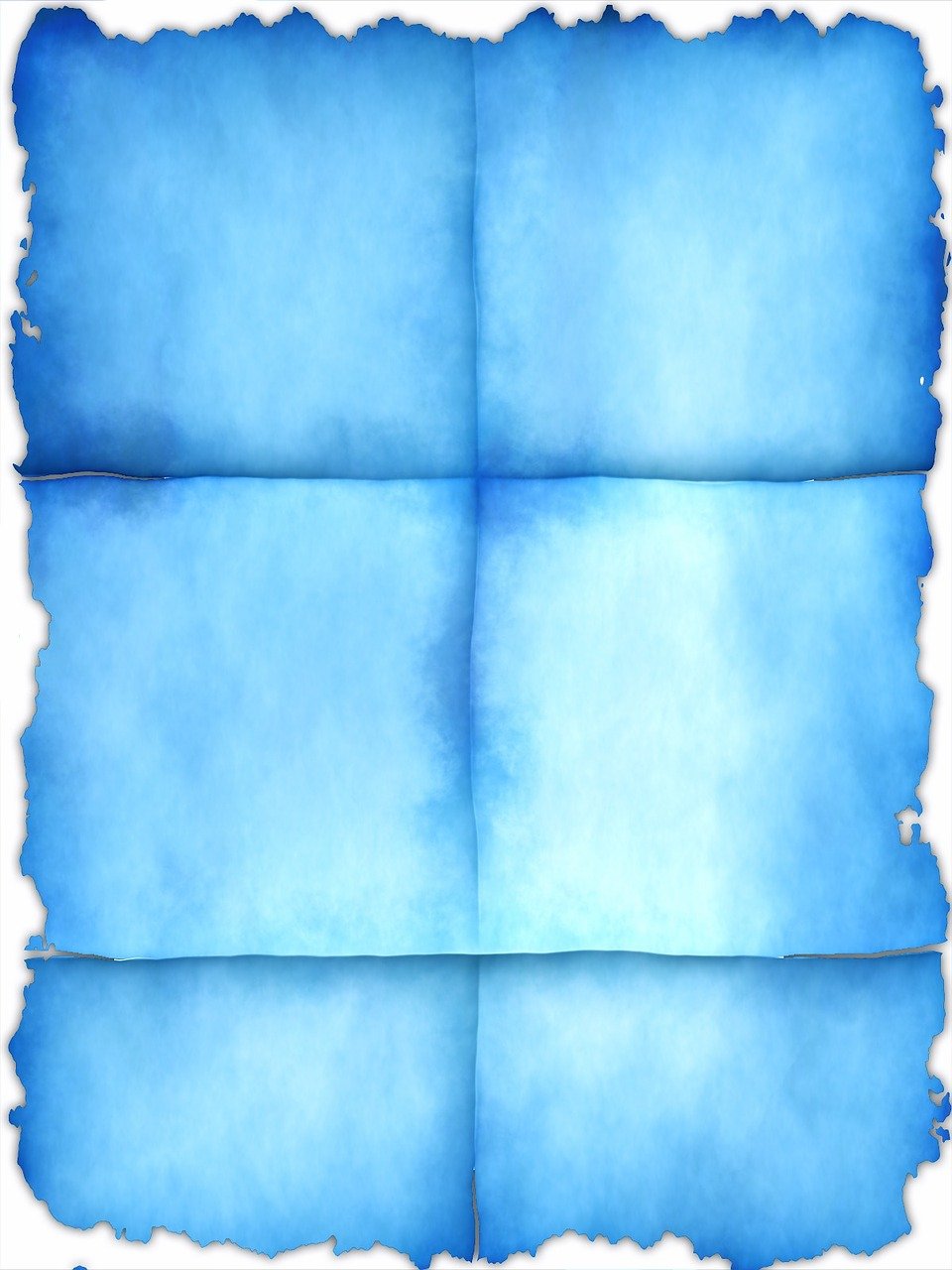- All
- Wisdom
- We Stand on Their Shoulders
- Vocation
- Uncategorized
- Stories Seldom Heard
- Spirituality
- Social Justice
- Prayer
- Peace
- Oneness
- Love
- Letting Go
- Lent
- Joy
- Inspirational Images
- Hope / Healing
- Holy Week
- Gratefulness
- God's Presence
- General News Stories
- Forgiveness
- Finding God
- Faith
- Easter
- Dominican Saints
- Discipleship
- Courage
- Christmas
- Catholic Sisters Week
- Care of the Earth
- Blessing
- Beauty
- Advent
- #justiceOPportunity
Trinity Sunday
Sr. Ruth Droege, OP, PhD

May 25, 2021
By Sr. Ruth Droege, OP
What meaning does the celebration of Trinity Sunday have for you? Does it seem like an anti–climax to the feasts of Easter, Ascension, and Pentecost or as a summation? When you begin a prayer with the sign of the cross, are you on “auto-pilot” or are you aware of the profound mystery of the Trinity?
I would guess that, while Christians assent to the Trinity as being a doctrine of faith, it is not regarded as having any importance as to how they live their lives. Others think the words used in its expression are patriarchal and sexist. However, in Mathew’s Gospel for Trinity Sunday, Jesus commands the apostles to go make disciples of all nations “baptizing them in the name of the Father, Son, and Holy Spirit.
Heidi Russell, in her book, “The Source of All Love, Catholicity and the Trinity,” has given me a contemporary way to think about the Trinity. The following reflection is a summary of her thought. She feels that David Bohm’s theory of “Implicate Order” provides us with a glimmer of light for understanding the mystery.
Do not let the fact that David Bohm is a quantum physicist deter you from reading further. He supplies us with a simple example that illustrates his theory of “Implicate Order”. Bohm tells us to take a sheet of white paper and, beginning from the top, start folding it down until you finish with a folded paper that is about an inch in width. Now punch one hole in the folded paper. When you open the paper, you will see many, separate holes. The folding of the paper Bohm calls “enfolding’’. The opening of the paper Bohm refers to as “unfolding”. Bohm thinks that the folded up or enfolded paper with the one punched hole illustrates his meaning of “Implicate Order”. In “Implicate Order” there is One Whole in which there are many wholes related to each other and to the Whole. Another name for this One Whole which contains many related wholes is “hologram”. You may also think of a set of nesting dolls as a “hologram.” This “implicate order” underlies the related wholes that appear when the paper is unfolded.
Bohm thinks of this One Whole as the Fullness of Being and Life, that is, Bohm understands Being not as a noun but as a verb. Within this enfolded Fullness of Active Energy and Life, there is the potential for unfolding and sharing being and life with other wholes which are related to the Whole and to one another, though in a weaker manner.
In her book, “The Source of All Love, Catholicity, and the Trinity,” Heidi Russell explains how Bohm’s theory of implicate order is useful in explaining the Trinity in contemporary terminology. She understands that Bohm did not think of Being as God and that Bohm did not make clear that love is at the heart of all relations.
“The Trinity is Bohm’s whole, Bohm’s implicate order, grounded in the monarchy of the Father, not as a ruler in the hierarchical sense, but as Source. That implicate order is enfolded into creation by the Logos and revealed in the Incarnate Word that is Jesus of Nazareth. Jesus of Nazareth is then unfolded in time as story.”
So if the Father is the Source of created being and the Logos is the agent of creation, what about the Spirit? The Spirit is the unfolding or the outgoing wave, the love of God in the world unfolding the pattern of God in the world in and through our lives, as members of Christ’s body and members of one another.
The prayer, given to each sister at Lourdes for the celebration of Pentecost Sunday, gives us insight into what form this unfolding of love through the Spirit might take.
In the name of the Father and of the Son and of the Holy Spirit,
Come, Holy Spirit, and make us Pentecost people.
Let your wisdom and right judgment guide our decisions and temper our impulses.
Let knowledge and understanding increase our capacity for empathy and compassion.
Let reverence and awe fill us with gratitude and respect for all of creation.
Give us courage to witness boldly to our faith in word and deed.
